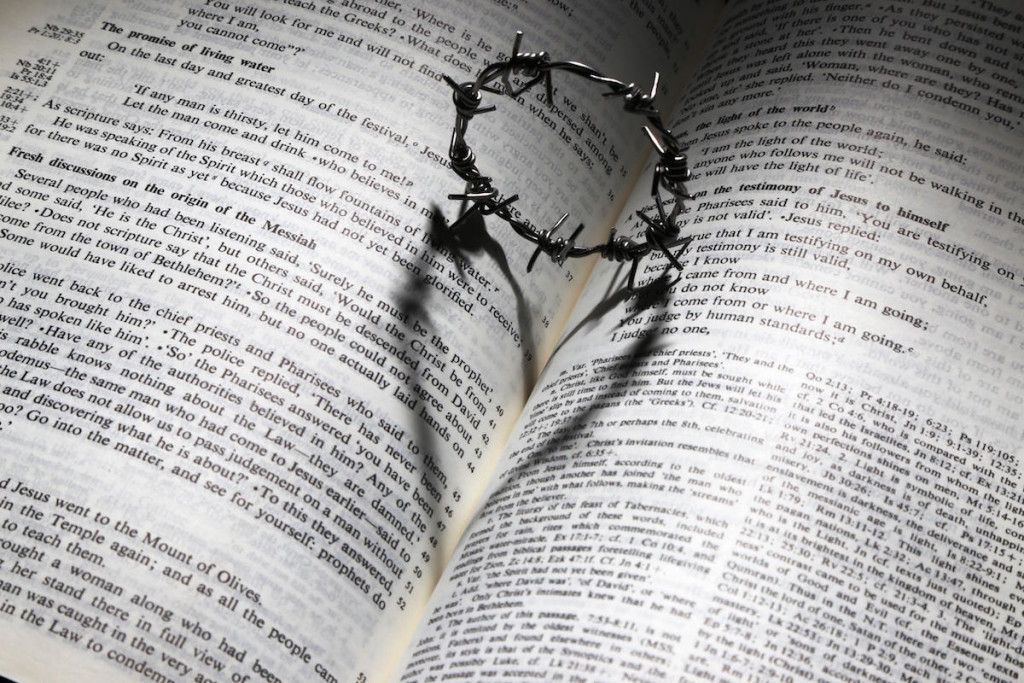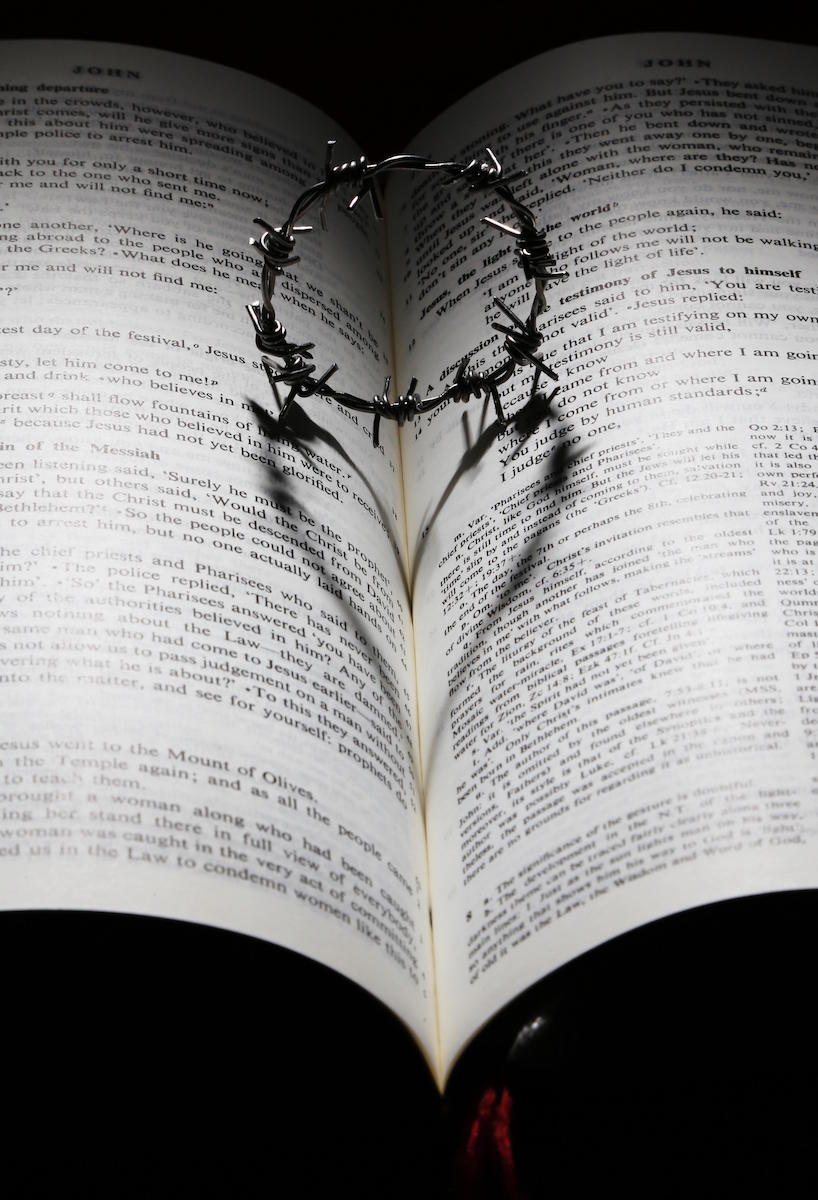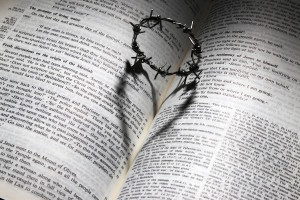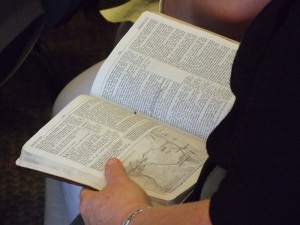In Luke chapter 7, Jesus spoke of John the Baptist, describing his as a prophet, and even as the greatest prophet up to that time. But then our Lord said, all who are in the Kingdom of God will be greater than John. He is challenging us to think of ourselves as greater than the greatest prophet of the Old Testament. Before we can understand what this really means, so let’s look at how God moved among the prophets of the Old Testament, and how the Spirit of God came upon individuals. These descriptions establish the bar of what to expect for those who are in the Kingdom.

The Old Testament isn’t shy regarding naming or affixing the term ‘prophet’ to a wide ranging group of people. Abraham was called a prophet by God (Gen 20:7), Jacob and Joseph were undoubtedly considered prophets as was Moses (Duet 34:10). Samuel heard the voice of God at age six (Sam 3:4), Elijah and Elisha have illustrious careers are prophets, as well as the notorious example of Jonah, and the strange, illustratived by Hosea and Ezekiel.
1 & 2 Kings, 1 & 2 Chronicles and the various prophetic books list the many exploits of prophets and prophetess who gave the word of God to kings, rulers and the common people alike. Even in the exile of Israel and Judah, prophets were common either in the land of Judah, or in the exiled cities (Daniel and Ezekiel are prime examples).
Also, in various places there are bands of prophets of God. First seem in Samuel’s time, first when Saul was anointed in 1 Sam 10:10, and again when Saul was looking for David in 1 Sam 19:20. Later at the time of Elijah, a servant of the king protected 100 prophets in two caves (1 Kings 18:1-15). A group of prophets came to Elisha when Elijah was going to be taken to heaven (2 Kings 2:3-5). That same group is referenced in further stories of Elisha in 2 Kings 4:1, 4:38, 4:42, 5:22 and 6:1.
There are over 130 named prophets in the Bible, 16 of whom are women, and hundreds upon hundreds more are referenced. Kings are among their ranks as King David was considered a prophet, as well as farmers, priests and some with serious marriage issues (Hosea). There is very little we could call the common thread that pulls all of these prophets together, except that they were chosen by God to be His prophets.
Beyond Prophets
Though prophets are common in the Old Testament, it is also found than many, many people prophesied, even though they were not named as prophets. A few of these groups are very interesting as well look what prompted them to prophesy. So let’s look at a few of these stories more closely.
Moses and the elders
Then the Lord came down in the cloud and spoke to him, and took some of the Spirit that was on him and put it on the seventy elders. And as soon as the Spirit rested on them, they prophesied. But they did not continue doing it. Now two men remained in the camp, one named Eldad, and the other named Medad, and the Spirit rested on them. They were among those registered, but they had not gone out to the tent, and so they prophesied in the camp. And a young man ran and told Moses, “Eldad and Medad are prophesying in the camp.” And Joshua the son of Nun, the assistant of Moses from his youth, said, “My lord Moses, stop them.” But Moses said to him, “Are you jealous for my sake? Would that all the Lord’s people were prophets, that the Lord would put his Spirit on them!” Numbers 11:25-29
This passage is the culmination of God lifting some of the burden of guiding the people of Israel off of Moses, and placing it on various elders. In verse 25 we clearly see that when the Spirit of God rested on the elders, they immediately started prophesying. Then Moses makes a very suggestive statement which we will revisit again later in this chapter. He states that he would rather that the people were prophets and would receive the Spirit. Isn’t the Spirit in every disciple of Christ? Aren’t we the Lord’s people as well, already with the Spirit? Does that make us prophets? We will revisit that when get to the New Testament section.
Saul among the prophets
In two stories during Saul’s reign, we see the Spirit of God fall on people and they immediately start prophesying. We mentioned this story in pass already, but here is the full text as Samuel tells Saul what will happen to him:
The Spirit of the Lord will come powerfully upon you, and you will prophesy with them; and you will be changed into a different person. Once these signs are fulfilled, do whatever your hand finds to do, for God is with you. “Go down ahead of me to Gilgal. I will surely come down to you to sacrifice burnt offerings and fellowship offerings, but you must wait seven days until I come to you and tell you what you are to do.” As Saul turned to leave Samuel, God changed Saul’s heart, and all these signs were fulfilled that day. When he and his servant arrived at Gibeah, a procession of prophets met him; the Spirit of God came powerfully upon him, and he joined in their prophesying. When all those who had formerly known him saw him prophesying with the prophets, they asked each other, “What is this that has happened to the son of Kish? Is Saul also among the prophets?” 1 Sam 10:6-11 (emphasis added)
The effect of the Spirit falling on Saul was so pronounced that he was prophesying alongside the other prophets. We see a similar event take place in 1 Sam 19:19-24:
Word came to Saul: “David is in Naioth at Ramah”; so he sent men to capture him. But when they saw a group of prophets prophesying, with Samuel standing there as their leader, the Spirit of God came on Saul’s men, and they also prophesied. Saul was told about it, and he sent more men, and they prophesied too. Saul sent men a third time, and they also prophesied. Finally, he himself left for Ramah and went to the great cistern at Seku. And he asked, “Where are Samuel and David?”
“Over in Naioth at Ramah,” they said.
So Saul went to Naioth at Ramah. But the Spirit of God came even on him, and he walked along prophesying until he came to Naioth. He stripped off his garments, and he too prophesied in Samuel’s presence. He lay naked all that day and all that night. This is why people say, “Is Saul also among the prophets?”
Three bands of warriors have the Spirit of God descend on them, and they all start prophesying. Then King Saul pursued David himself and also had the Spirit of God fall upon him leading him to prophesy.
It is true that besides prophesying, when the Spirit of God came upon people it made them strong like Samson, brave for victory like Gideon, David and many others, among other things. But we see consistently in singular prophets, and in the groups mentioned above, that prophesying can come along with the Spirit of God falling on individuals, and on groups of people. This last point is very important as we transition to looking at the
Amos 3:7 clearly states that God always reveals to His prophets before He does something, “For the Lord God does nothing without revealing his secret to his servants the prophets.” If God is still moving in the world, then He still has prophets declaring His thoughts and intentions. But if the Old Testament prophets are through, then who is His prophetic voice now? The Church is, for we are all greater than John the Baptist, and are full of the Spirit of God!
— An excerpt from an upcoming book, (Super)Natural Theology, a look at moving our theology into a daily expectation of God moving in our midst. From the prophecy chapter.




